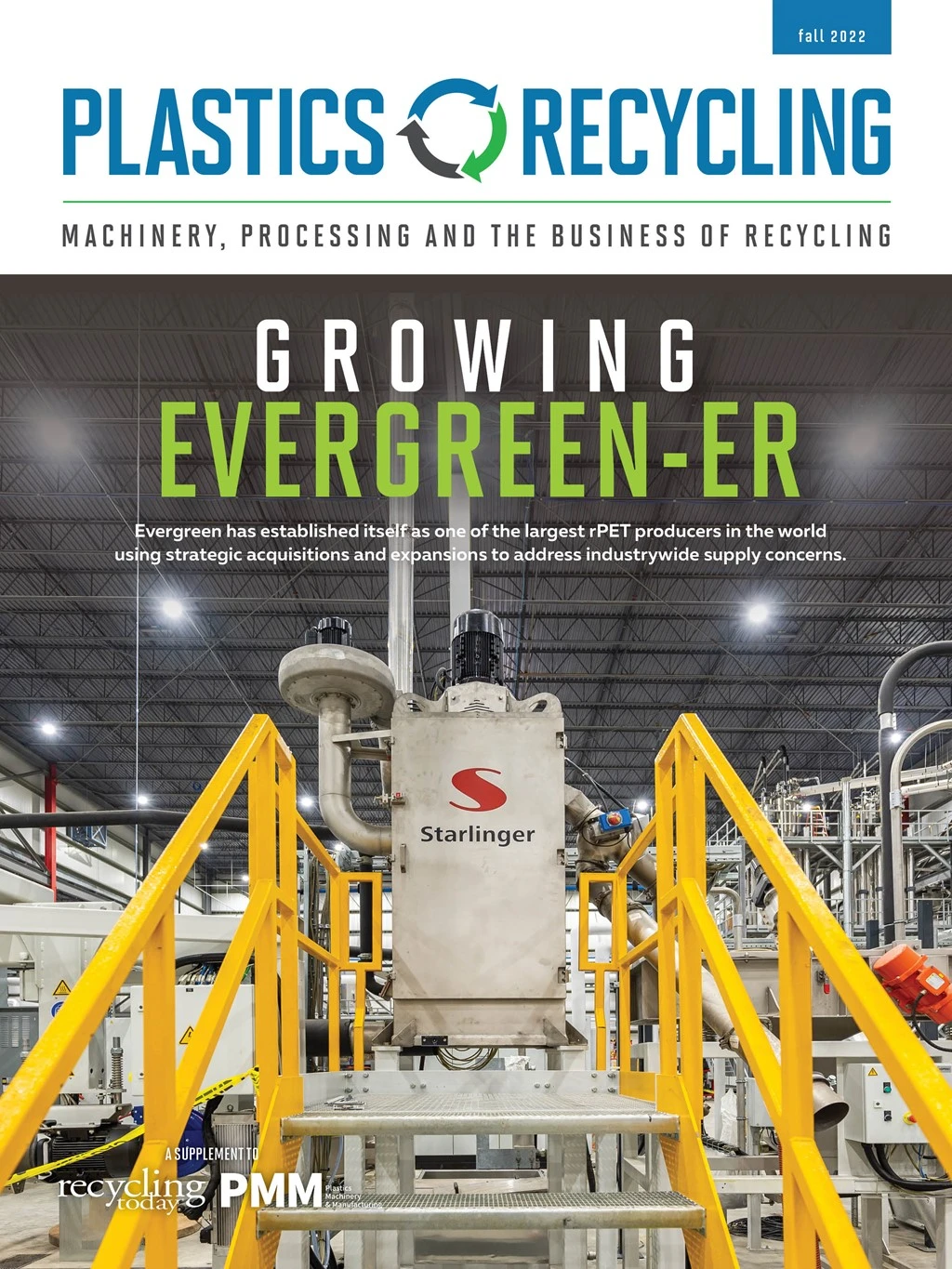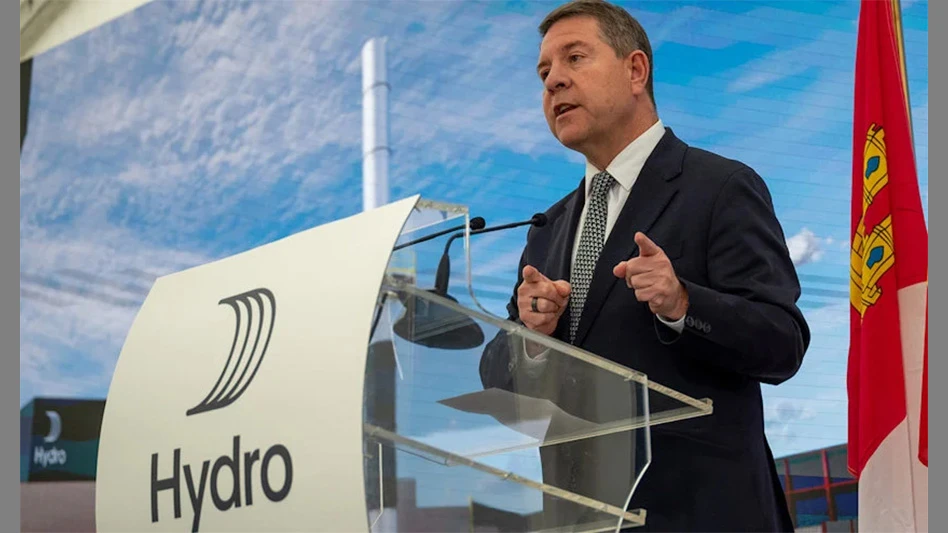

While traveling just before the Labor Day holiday, I was greeted on an open highway in Minneapolis by a gigantic billboard emblazoned with, “Plastic Recycling is a Myth.” As someone who spends a significant portion of his time discussing the merits of recycling, having publicly testified as to the need to greatly expand recycling in America, I couldn’t help but take serious offense.
I might have expected such a public message to be underwritten by one of the usual suspects, such as Greenpeace, that use these types of claims to raise money. It just so happened that this fictitious exclamation was from a private company trying to sell its products in reusable plastic containers.
Here’s a catchphrase you’ll hear many in our industry use on a regular basis: We love plastic; we hate plastic waste. To that end, we applaud the reuse and recycling of all plastics. The term “reuse” is an important part of “reduce, reuse and recycle,” and we encourage people to reuse products whenever possible. But, simply telling people that recycling is “fake” is environmentally irresponsible, and to do so to profit fiscally is unconscionable. It is an untruth that undermines the system.
The plastics industry has invested billions of dollars into recycling technology to increase recycling rates, with billions more announced. Getting recyclables to the right place is key to increasing the amount of material we recycle overall. As a country, we were asleep at the wheel for far too long while we exported too much of our recyclables to foreign countries. During that time, we didn’t sufficiently modernize our recycling infrastructure to keep up with the incredible innovations in products and packaging. Now, we have to play catch-up.
The great news is we are recycling billions of pounds of plastic every year, and that number is increasing. If you’ve ever been inside an actual recycling plant and seen the process up close, you realize the possibilities available if our society is willing to take the next step and recycle more.
The bad news is the No. 1 reason we don’t recycle is lack of recycling infrastructure: From receptacles to collection to sorting, we are limited in our ability to get material where it needs to go to be recycled. We need to make it easier for consumers to recycle and get more material to our recyclers, keeping valuable plastic in the economy instead.
American companies recycle 4.8 billion pounds of plastic every year—and we can do better. I have seen every step of the recycling process. We can recycle and must invest more in infrastructure to make it easier to reach the recycling rates we are capable of. In many cases, the biggest impediment to recycling more material is simply getting it into the right receptacle. Now, imagine yourself a consumer, finishing up a soda and, upon recalling the billboard, you choose not to recycle, instead throwing your plastic in the trash. How in the world is that helping?
If those who wish to dispel the essential value of recycling want to debate, let’s do so. Offer real, reasonable solutions and weigh in on the merits of “reduce, reuse and recycle” rather than espouse nefarious claims on a billboard. In the meantime, let’s stop suggesting recycling is “a myth.” Such baseless claims are only hurting the hundreds of thousands of Americans whose families are supported by the recycling industry and causing harm to our environment—Recycling is real.

Explore the Fall 2022 Plastics Recycling Issue
Check out more from this issue and find your next story to read.
Latest from Recycling Today
- Toppoint Holdings expands chassis fleet
- Lego creates miniature tire recycling market
- Lux Research webinar examines chemical recycling timetables
- Plastics producer tracks pulse of wire recycling market
- Republic Services, Blue Polymers open Indianapolis recycling complex
- Altilium produces EV battery cells using recycled materials
- Brightmark enters subsidiaries of Indiana recycling facility into Chapter 11
- Freepoint Eco-Systems receives $50M loan for plastics recycling facility





